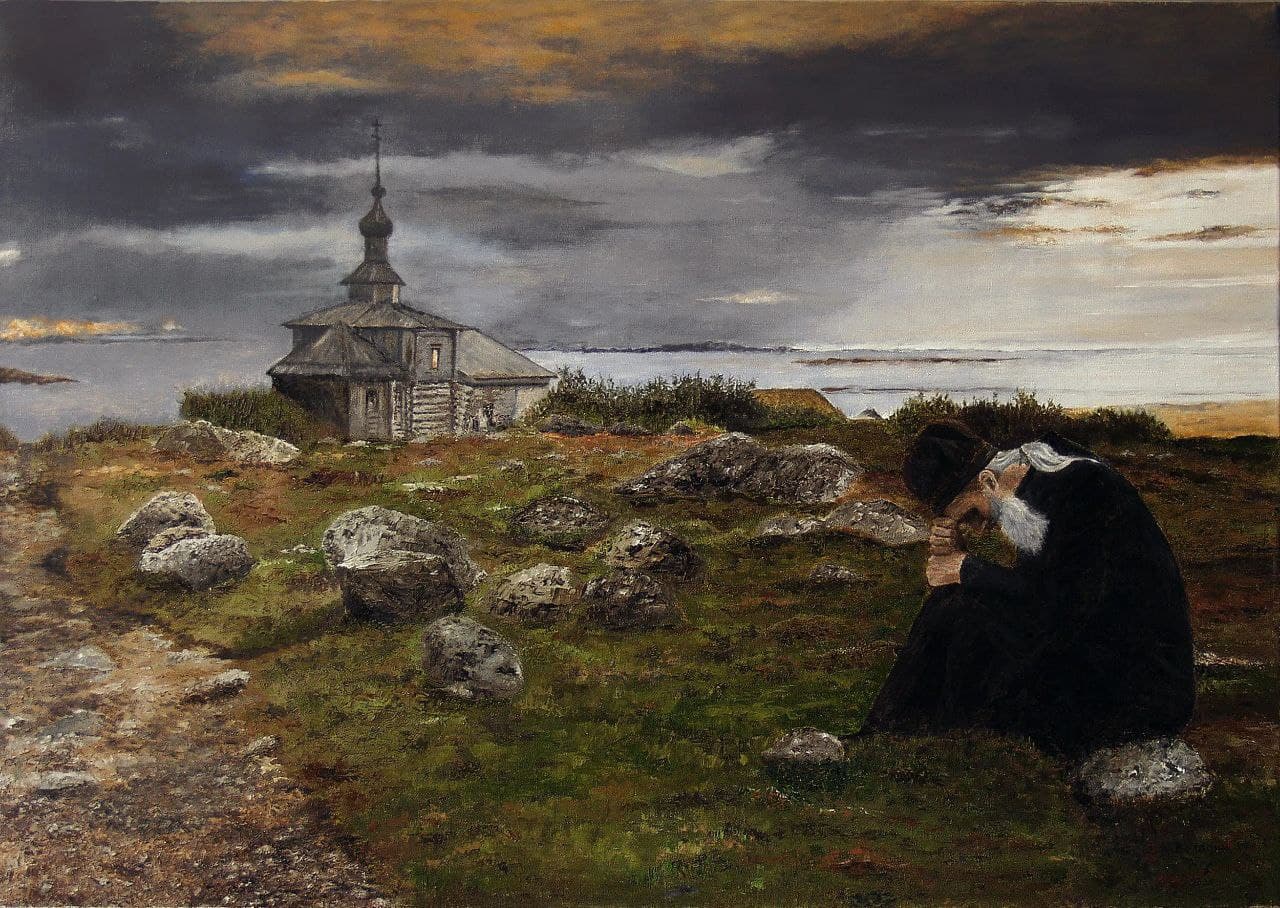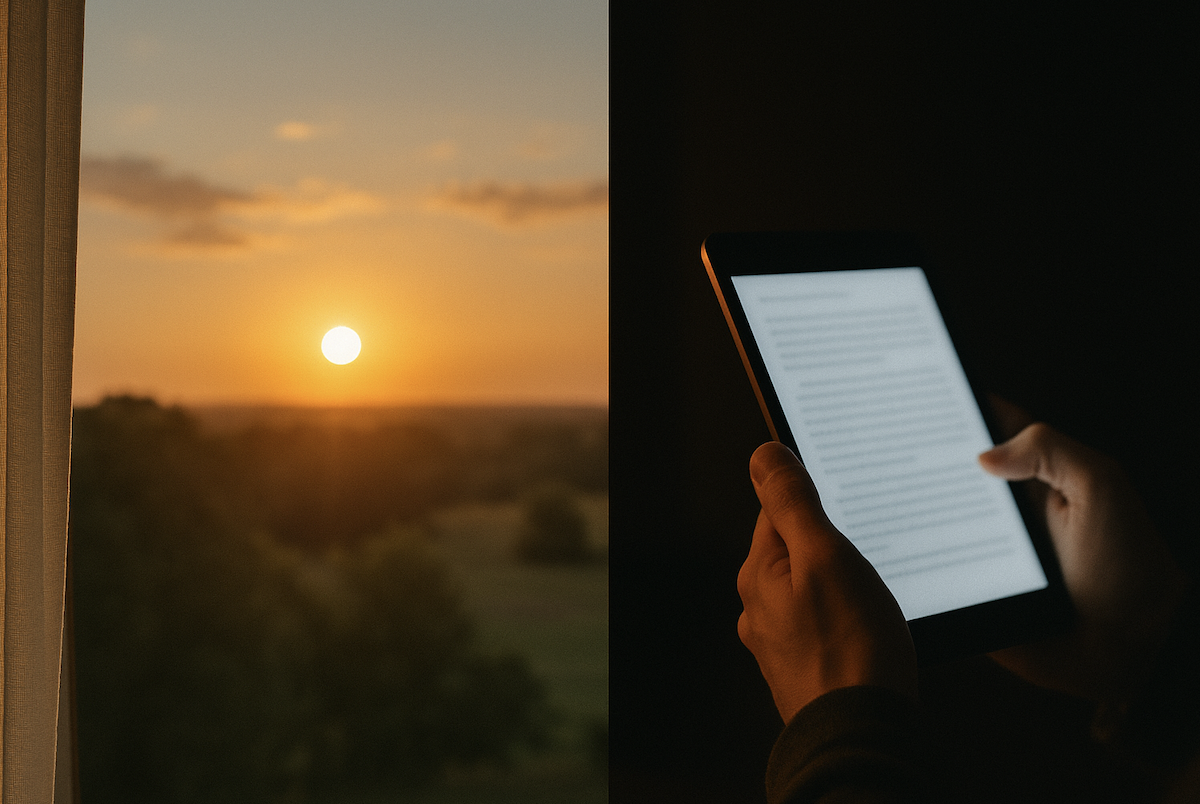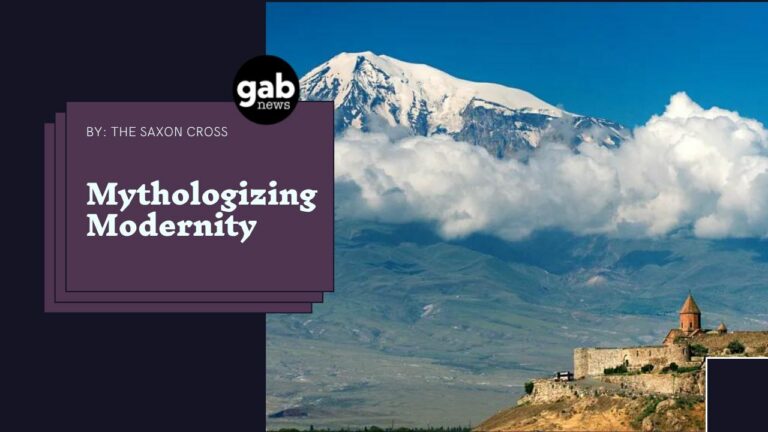“All of humanity’s problems stem from man’s inability to sit quietly in a room alone” — Blaise Pascal
If it can be said that articulate reasoning and bold proclamations of faith have great value and furthermore, distinct identity, in the church, what then is the other side of this? The constant reoccurring theme that has been revolving around my head, especially since mid-March 2020, is the balance of intentional vs. frivolous speech and deliberate vs. incidental quietness. As I have shared previously, my false peace was what had mostly occupied my being. How much of this so-called silence was just digital white noise and audible static rather than an appreciation of the quiet times, especially in nature, further bolstered by prayer.
“I am drowning in a digital sea
I am slipping beneath the sound“
How many of us have felt this exact way in the silent cacophony of variations of lockdown? When we have felt that God was silent during times of personal or societal misfortune or tragedy, what was really going on, and, what else were we doing to fill that seeming absence? For many, it was a pervasive numbing through nostalgia and empty-calorie content (doom-scrolling memes and echo-chamber affirmations) that we used to feel more engaged and less lonesome. For others, it manifests in even worse ways of idolatry and addiction. Let’s break this down into a few major points that I feel encapsulate the whole theme. This to see if we can find that there is in fact (and heart), an intelligent and comforting “still small voice”, a refuge and strength, that is waiting for us to truly calm our passions and fears. To begin to understand how to, “be still and know that I am God“.
The first subject here is on the notion of God’s “silence”
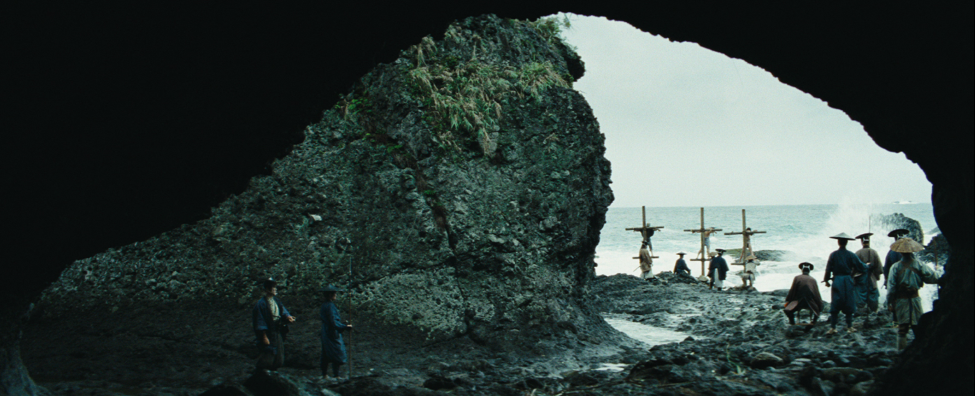
My first example is a contentious account but, one that I feel has some kind of value. There is a certain film that will not stop lingering in my memory despite only a single viewing and years since then. The arduously produced, “Silence” by Martin Scorsese, itself based on a novel of the same name by Shūsaku Endō. In short, it is the narrative of two Jesuit missionaries to the island empire of Japan during the Edo period, sometime after the Shimabara Rebellion, and their subsequent struggles in a land that was infertile to the seeds of Christianity. What is most relevant to our exploration here is the apparent divine silence that the priest, Sebastião Rodrigues, experienced during his mission. Quite specifically to the theme of the title was an ordeal he went through wherein, national converts were being tortured by the magistrate in an attempt to have the missionaries apostatize and recant their faith, by way of Fumi-e. Rodrigo is torn because of his consideration that the physical torture of these local converts is of greater severity than the outward display of his own faith. The aspect of silence here is how one can feel that the suffering of others, absent of the physical mercy of God, seems to show that this very same God is indifferent to the brutality of the powers of this world. Let it be known, that I am personally troubled and don’t know that I would agree with this conclusion and I feel that this diminishes the importance of martyrs (it is Tertullian who said, “The blood of the Martyrs is the seed of the Church”) but, let us continue if only to keep on theme. To conclude the point in the work, it is within this climactic scene that our fellow, nearly at his breaking point, is given divine absolution to alleviate his dilemma. Surely, a challenging fictional narrative to use as guidance, nonetheless, we are shown that Christ is indeed not indifferent to the suffering of his servants. (This account is tough for me for reasons better elaborated in this article, and which has inspired me to pursue these books in order to begin to understand the relationship of Christianity in the Far East. Perhaps you, reader, can elucidate us with your own educated opinion by contacting me.)
Even further, if we open our eyes to see, and our ears to hear, we will come to know that God has never actually been silent at all, that we have promises to console us. Let us next look to accounts from the Scriptures that give us sound and foundational guidance, ones that come from the Word of the LORD. Instruction on what to make of when we feel unacknowledged, unseen or unheard, while we are facing trials and tribulations.
From the Prophets to the Apostles, we are proved God has never been silent or indifferent. The pleading of early covenant fathers, through to Job, to the holy cry echoed, “eloi eloi lama sabachthani“, all the way to the first spill of the blood of the martyrs (and elsewhere, and more), to the present day suffering across the world – in all varieties. We have documented hope and reassurance that God hears us in the seeming silence, and more than that, that there is both temporal and eternal benefit awaiting those that do not succumb or concede, and that we should welcome and expect these hardships. This is alluded to in another beautiful song:
“But all my suffering’s a light and momentary pain
While the weight of an endless glory still remains to me“
(and variations on the theme in: Psalm 56, Matt 10:22-28, Romans 5:3-5, Romans 8:18-39, 2 Corinthians 1:3-7, James 1:2-8, 1 Peter 3:13-17 and so on)
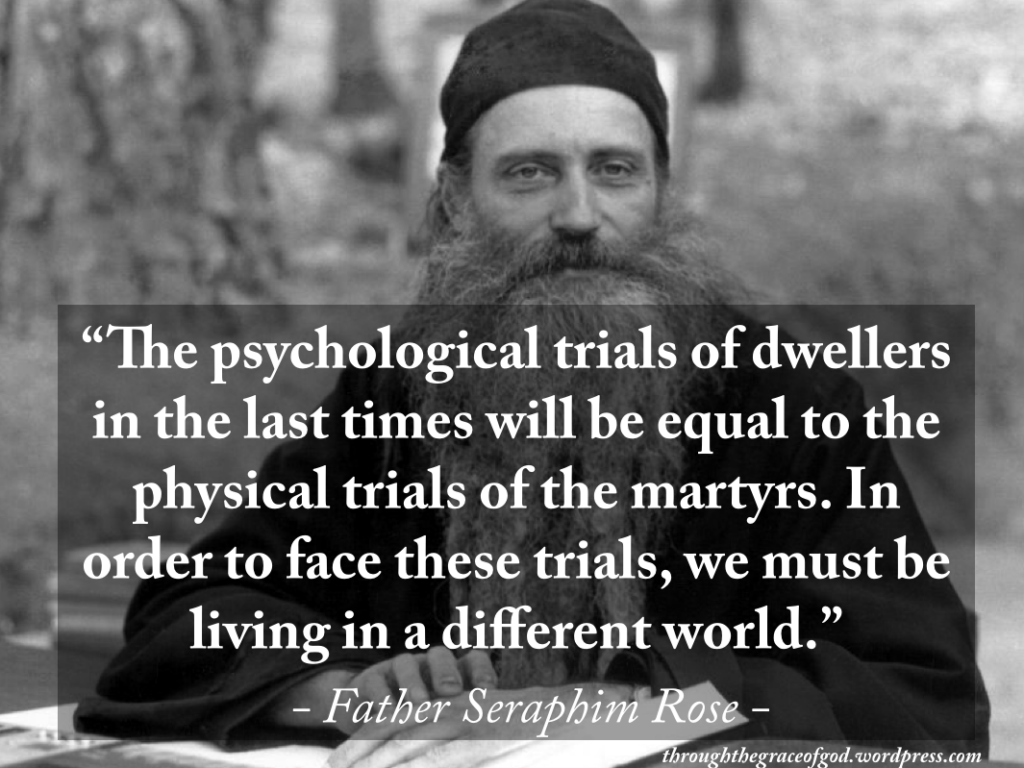
Additionally, as I have come to be reminded, he is always attending to us by the movements of the Holy Spirit and also charges his angels to attend to us in our time of need. However, it would be doing a disservice to not elaborate on the more convicting and essential aspect of this, the manner of our supplication during the dark nights of the soul. Surely the LORD hears our every utterance but, is there not one way in particular that we are instructed to communicate?
A particular scene in the life of Elijah has continued to present itself to me lately. Some of you will recall the account in 1 Kings 19, wherein Elijah is fleeing for his life from the wrath of the ungodly. Finding respite under a broom tree he cries out in desperate prayer. This sets into motion the eventual encounter with the LORD that is beautifully retold in a song:

We can glean a pattern from this and hundreds of other examples throughout the texts: God surely hears and sees all but when we humble ourselves to prayerfully entreat to him in our weaknesses he is sure to reply, even if it is merely a “still small voice”. Importantly, it is revealed to us fairly often, that the Word of the LORD interacts with us in just this way. And on one particular occasion, defying the logic of pagan theophanies and subverting the expectations of other groups, the Logos is incarnated and manifested in the fullness of this same pattern. Not as a thunderous storm, rumbling earthquake, or mounted Mashiach but, as a babe in a manger.
The modern, pervasive problem then is that of addressing our own silence. How and in which ways do we cultivate, cope with and use this time for the edification of our souls?
Fr. Josiah Trenham, in his illuminating message given during the infancy of the pandemic has this to say:
“We just can’t be with ourselves, we’re so easily distracted. We have such a hard time settling down and establishing our interior peace. You know interior peace, quiet, on the inside is the key to all successful living for God. The Christian life and all good thoughts and deeds flow from a bed of peace. In fact, if we don’t have peace and we don’t have quiet on the inside, nothing that we say and nothing that we do will be quality and will last. What we should do instead if we don’t have peace and we’re contemplating speaking or we don’t have peace and we’re contemplating reacting or acting, we should stop and we should leave and sit down and recover our peace. We should gather our peace and then re-engage the circumstance that’s before us“
Nearly two years later, all of us ought to deeply consider what all we did with our isolated living. I ashamedly admit that I spent most of it wandering Sinai, seeking solace in seminal works of dystopian American Science Fiction and other fantasy realms. Do you know how you might listen to a sad song on repeat to try and feel better about a daunting situation? That was my response, the only way I could make sense of an increasingly physically disconnected and disenchanted world. I had to drown out the utter absurdity with a deafening silence of distraction, never considering to look back at that which I did not want to see. Sure, there were honest attempts at softening the storm: taking bicycle rides on abandoned streets – while listening to podcasts, laying out in the sun – while listening to orchestral music, or honing my culinary arts – with any other variety of sounds to keep me company. That is not to say that any of these practices or appreciations are not valid or wholesome but, there was an unwillingness on my part to fully calm the body and soul. Mostly because, well, this meant that the Holy Spirit would be able to steer the attention and senses to something higher. As if there were an All-Knowing and comforting God just waiting for my confessions and obedience, in order to impart the fullness of what was sought – a Divine movement & repose, in perfect harmony.
Liturgy, Laurus, and a Ladder
So, having reached the crescendo, there was simply no other option left to alleviate this existential ennui. Imagine then, the ways in which the waves did finally calm. It was when, on a whim, I was inspired to decrease myself just enough to join my beloved friend in attending the Divine Liturgy. There it is, in fullness, the place where one cannot have control of the volume or the channel, where there is not even an inclination to stare at the pocket-size black mirror and where there was, even just for two hours or so, no memory of a fallen world, one gorging on the fell-eucharist of machines and medicines.
Suddenly, everything that I was pretending to understand, mostly from the content of The Symbolic World series, made sense – the cosmic symbolism was being focused into higher resolution. There was in fact (and heart) a state of being that facilitates this inextricably human need for peace, for truth, beauty, and goodness. Having been a vessel, absolutely emptied out, the question now was, how can one become a new skin for to continually hold this new wine?
I’m still not sure how it happened, that I realized that the hymnal fetter was still bound to my wandering heart, though it was a tattered thread. All I knew was that I was craving this cup, and was determined to continue to humble myself in order to taste of this grace as often, and eventually in its totality, as possible. What can we do to perpetuate the “peace that passes all understanding“, even when not within the great halls of the church? Read in fullness the passage from the attached verse,
“be anxious for nothing, but in everything by prayer and supplication, with thanksgiving, let your requests be made known to God“.
Picking up said thread, I made my way back through the labyrinth of idleness and discord, equipping myself with the intimations I relearned along the way. Chiefly among them, remembering to quiet myself, and then in those moments to call out to God for mercy, for safe harbor from these silent storms. But what about when we cannot find quiet? What of those times when we feel as though it is impossible to imagine that we could “pray without ceasing“?
Determined on this path, and following the directions of others in the faith, I sought out and voraciously read the Russian, Orthodox-inspired novel, “Laurus“. Folks, nothing could have prepared me for the literary tour de force that I was taken on. Sparing you all the summary and spoilers, this was precisely what I needed to give wood to a kindling fire. Essentially this work is a sort of tale that is completely foreign to what I personally felt was the waning spirit of Modern Western Christianity, at least the one that I had grown up with and was disillusioned by. Here, I was introduced to the concept of the “Hesychasts”, a mystical tradition within the Eastern Orthodox Church that emphasized the practice of inner prayer, particularly in seeking a constant stillness and building of a union with God on a level beyond images. Continuing my research on the topic, I learn that the very meaning of the word, derived from the Greek hesychia, means, “stillness, rest, quiet, silence”. There it is, again.
What a fool I had been for so long to “kick against the pricks“, and expect that I would ever be given rest for my weary millennial soul!
Careful to not dive headfirst into enchantment with yet another narrative outside of Scripture or Tradition, I did my best to “test the spirits“. Resolving to continue diligently by: regularly attending church, obtaining and reading a new Bible, praying humbly at set occasions, seeking eldership, and beginning to collect the works of the early Church Fathers. Curiously, one of the texts that I was led to pursue is titled, “The Ladder of Divine Ascent” by St. John Climacus. Unbelievably on theme and I look to him endearingly to learn more on my great adventure in the faith.
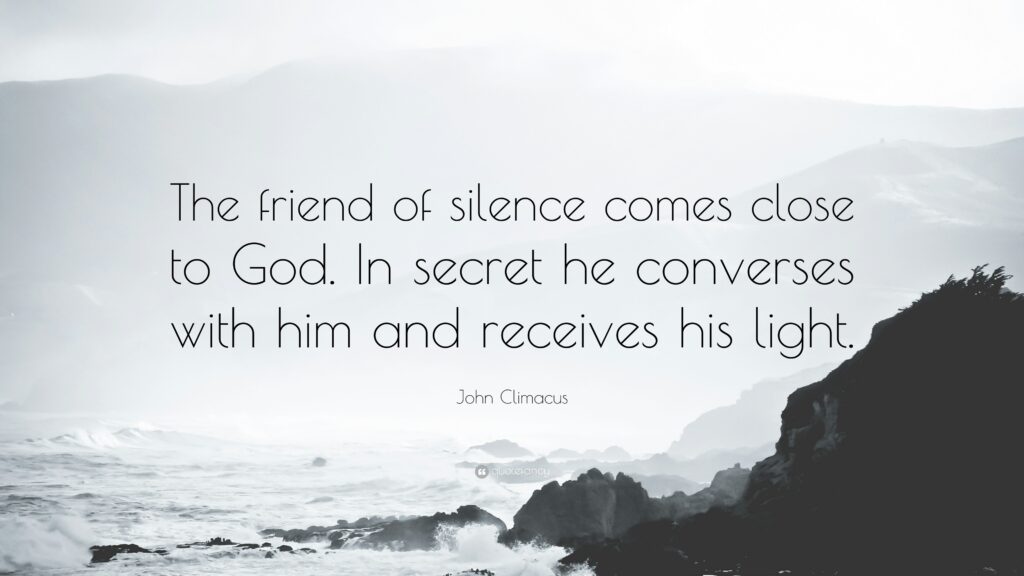
One of the innumerous beautiful things about the Church, and its emphasis on prayer, is that within this community, family & friends pray for one another, even when you don’t feel you can do so for yourself. Unfolding more than that, it is greatly encouraged to not only pray for your friends but also your enemies, better ensuring that your prayers are heard swiftly. In that community, that transcends races and nationalities, they act out their phileo love and help to participate in you being led back to the fold. And so it was that my same dear brother, as if playing the part of “The Hound of Heaven” (this term popularized by the convert theologian C.S. Lewis), encouraged me to not only continue in returning to the Liturgy but also, to look into the lestovka prayer rope for help with my prayer rule. This final honeyed bit of Holy Spirit synchronicity etymology I leave for you, lestovka translates from the Russian to, get this, ladder.
At last, I now am found, ever humbly in habit and prayer, doing my part to nurture the ways I can be at peace and tune into the still small voice. It’s a lifelong process of sanctification but now I know what to do to help it. Praying to find that peace, praying to keep that peace, and praying for that peace to be found by others. And so, climbing one rung at a time:
Lord Jesus Christ, Son of God, have mercy on me, a sinner

Further up, further in,
– a pilgrim


